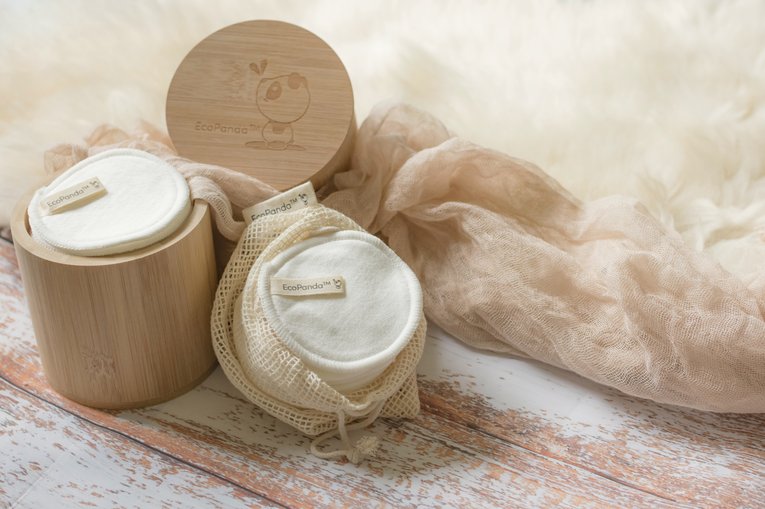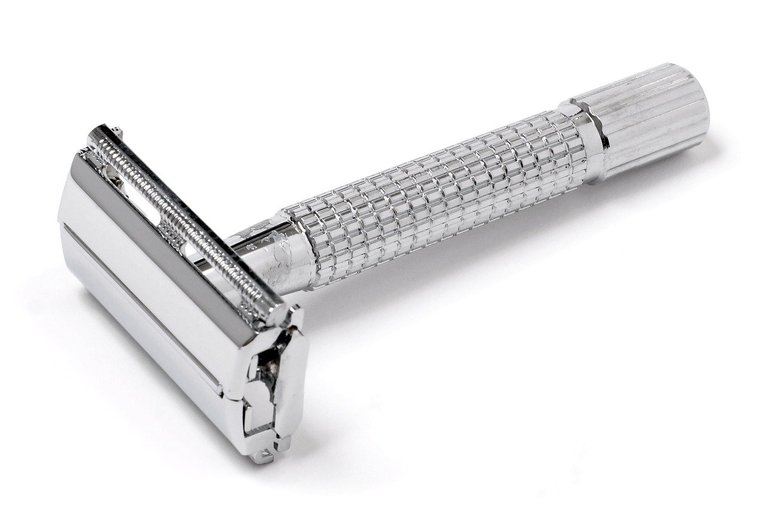
Going plastic-free doesn't have to cost the earth
3 minute read
With the prices of essential goods sky rocketing and the cost of living crisis taking hold in the UK, many of us are looking for ways to reduce our spending where we can – something that may limit our ability to make sustainable, plastic-free purchases.
Marketing vs reality
When you look online for plastic-free tips, you’re often bombarded with brands claiming to be eco-friendly and marketing lots of flashy eco-gadgets as a solution to the climate crisis.
The truth is, many brands aren't living up to their sustainability claims, and are instead cashing in on the desire of consumers to make positive – and sustainable - lifestyle changes.
In an effort to make environmentally-friendly swaps and purchases, it’s easy to be sucked into the marketing hype. You may feel you should buy certain items or brands – often with a high price tag – to be more sustainable and reduce your plastic footprint.
We’re here to show that isn’t the case.
Going plastic-free doesn’t need to cost the earth. Many planet-friendly swaps are affordable. There are often cheaper brands or alternatives to the big-names which are all over social media.
For some swaps, you can save money in the long-run and help the environment at the same time – what's not to love about that?
Swaps that are a win for the planet and your wallet
Small changes, big overall impact
Remember, this is all about seeing what swaps you can make in your bathroom – and that means swapping what you can comfortably afford. You don’t need to be perfectly plastic-free to be doing well. It’s all about making small swaps that help towards the bigger picture.
Being sustainable should be - and can be - financially sustainable, too.
Our Campaigns Officer Ella Daish shares her own experience of switching to sustainable on a budget:
"Before I stepped into environmental campaigning, I spent years working in retail and as a postal worker. I was paying rent and had a small budget, so looked at ways I could reduce spending. I started making switches to products like reusable bottles and washable make-up wipes.
"Moving away from the disposable products I consistently purchased, to reusables, saved me a lot of time and money. I was delighted and later made the connection to the environmental benefits my actions had too."







